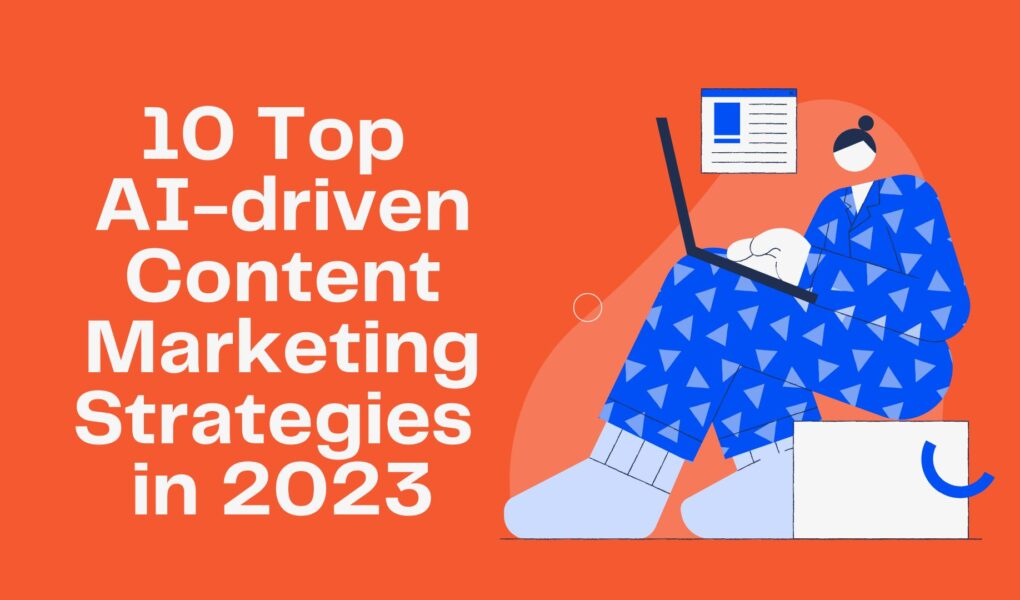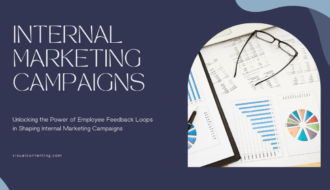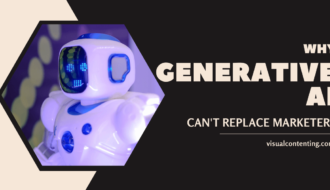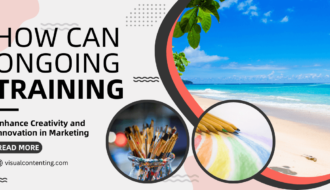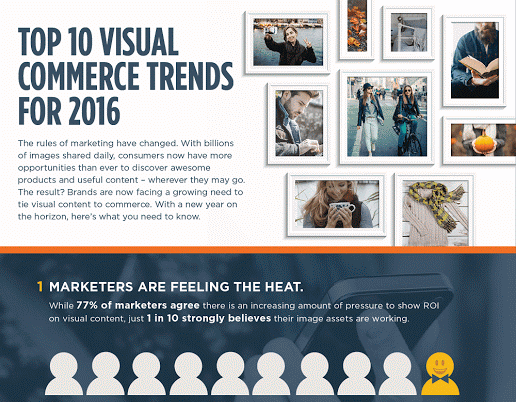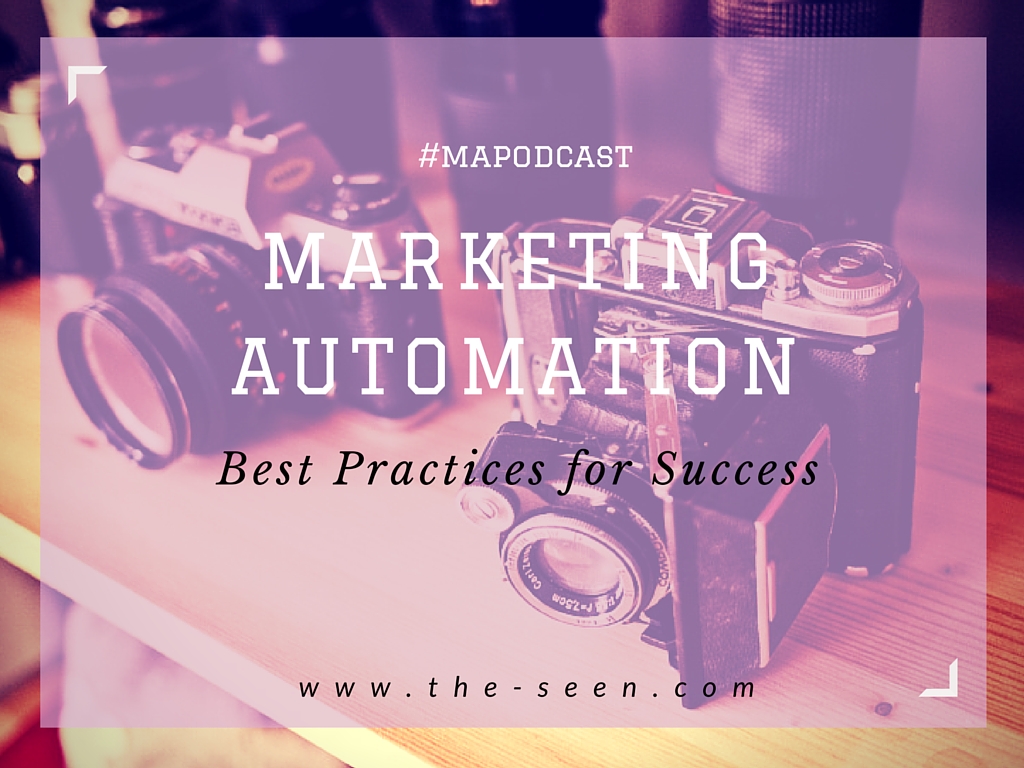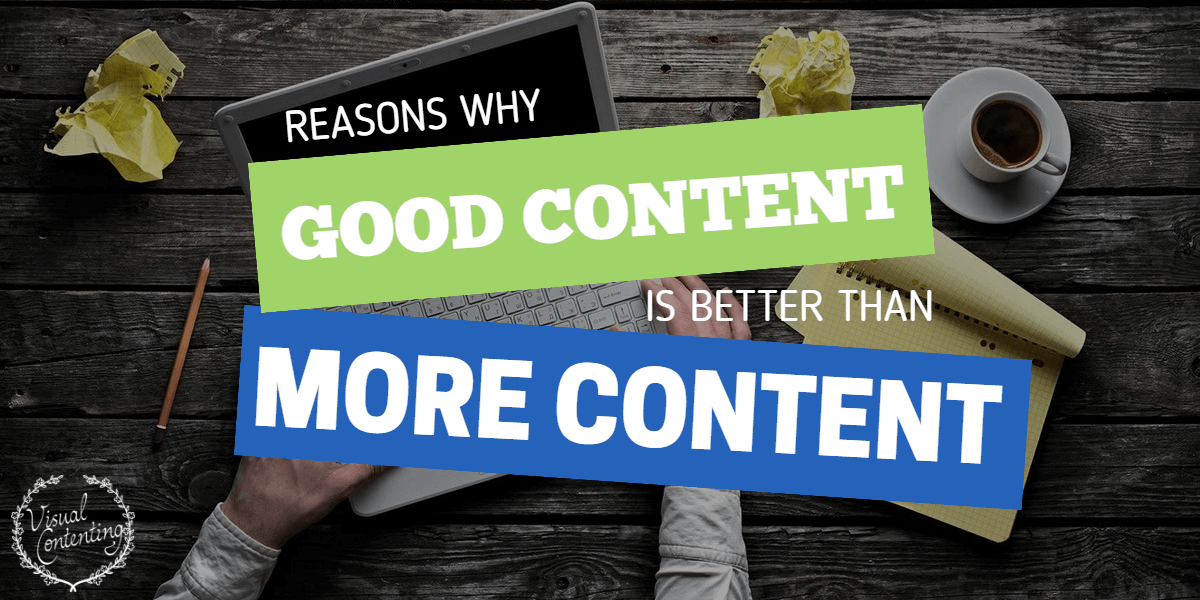Content marketing has evolved from being a supplemental promotional tool to becoming the backbone of digital branding. The traditional methods of broadcasting messages have been replaced with value-driven content that educates, entertains, and engages users. This evolution mirrors the broader shift in consumer behavior towards seeking informative and interactive experiences.
As content marketing grew in prominence, so did the complexities of understanding market preferences and behavior. Enter AI, a game-changer that enables marketers to analyze vast datasets and extract actionable insights. Through machine learning algorithms, AI can predict your market's preferences, optimize content delivery, and enhance conversion.
Staying ahead in the digital age requires embracing change and harnessing these new technologies' power. AI is no longer a futuristic concept; it's the present reality shaping industries, including content marketing. Your brand must adopt AI-driven strategies and stay informed about the latest advancements to remain relevant and competitive.
This article is your guide, providing insights into AI-driven strategies that will define your successful content marketing campaigns.
Strategy 1: Personalized Content Recommendations
Personalization has become the gold standard for content engagement. You can harness the power of AI to analyze massive datasets and identify patterns, allowing you to comprehend user behavior deeply. By monitoring your preferences, browsing history, and interactions, AI develops elaborate user profiles that shape the customization of user recommendations.
With AI, you can also shape personalized content journeys that direct users through a customized experience. As users navigate your brand, AI-powered suggestions curate a smooth journey by presenting relevant content at every interaction. This active approach heightens your engagement and nurtures a feeling of closeness.
Many visionary brands have embraced AI-fueled personalization to enhance user experiences. Consider Starbucks; they use AI algorithms to propose personalized drink blends based on your preference. Similarly, Netflix's recommendation system employs AI to provide video content that matches your tastes. These cases underscore the impact of personalized content recommendations on user engagement and satisfaction.
Strategy 2: Automated Content Generation
The manual content creation era has evolved into automation powered by Natural Language Generation (NLG). NLG leverages AI to generate human-like text, making it an invaluable asset for efficiently producing large volumes of content.
AI-driven content generation optimizes resource allocation. At scale, you can produce diverse content, from blog posts to product descriptions. This scalability ensures a consistent flow of content, which is essential for maintaining a robust online presence.
While AI can generate content, it's crucial to maintain a human touch. Content created solely by algorithms may lack authenticity and emotional resonance. Striking the right balance between automated content generation and human creativity is essential for delivering compelling narratives.
Strategy 3: Predictive Analytics for Trend Identification
Anticipating trends is a cornerstone of effective content marketing. AI-powered predictive analytics analyze vast data streams, enabling your brand to identify emerging trends before they gain mainstream attention. This foresight empowers you to create content related to your intended markets' evolving interests.
AI-driven predictive analytics provide real-time insights into market dynamics. You can adapt your content strategies based on up-to-the-minute data, ensuring they remain relevant and capitalize on shifting trends.
You can position yourself as a thought leader and industry authority by aligning your content creation with emerging trends. Crafting content that addresses emerging topics establishes credibility and relates with users seeking the latest insights.
Strategy 4: SEO Optimization through AI
Search Engine Optimization (SEO) serves as your tool for digital visibility. You can benefit from AI by conducting comprehensive keyword research and pinpointing impactful keywords to elevate your website's search engine rankings. You can also gain insights as AI algorithms research trends and competition, empowering you to focus on keywords holding the utmost potential for boosting organic traffic.
Furthermore, AI can assist you in optimizing the structure of your content to enhance SEO. Algorithms evaluate the readability of your content, gauge keyword density, and assess the overall design, all contributing to heightened visibility on search engines.
As you adopt AI-driven SEO approaches, you can experience a noteworthy enhancement in your Search Engine Results Page (SERP) standings. Your brand can adapt content to match user search inquiries, amplifying your online presence and appealing to a broader market.
Strategy 5: Chatbots and Conversational AI in Content
Chatbots have revolutionized user engagement, offering real-time interactions and support. AI-powered chatbots provide immediate responses, enhancing user experiences by addressing queries and providing relevant information.
Beyond customer support, chatbots enable interactive conversational content experiences. Chatbots can deliver content conversationally, enhancing user engagement and fostering a close connection.
Chatbots offer personalized and responsive interactions to build trust and brand loyalty. Users value brands that prioritize their needs and offer seamless conversational experiences.
Strategy 6: Social Media Campaigns and Sentiment Analysis
Social media is a dynamic platform for content dissemination. AI enhances social media strategies by optimizing posting schedules, analyzing user engagement patterns, and identifying content opportunities.
AI-driven sentiment analysis provides your brand with real-time insights into public perception. Monitoring sentiment can allow you to adjust your content strategies swiftly in response to evolving user attitudes.
Brands like Nike and Coca-Cola have used AI-driven sentiment analysis to navigate public perception. These brands have managed crises and maintained a positive brand image by identifying potential PR issues and gauging general sentiment.
Strategy 7: Content Performance Prediction
AI-driven analytics offer a predictive lens into content performance. You can anticipate how specific content pieces relate to users, enabling proactive optimization strategies.
AI-powered content performance metrics provide data-driven insights for iterative content improvement. You can refine your strategies based on historical performance data, leading to more effective content creation.
AI can also predict the outcomes of A/B tests, streamlining the optimization process. You can decide which content variations to prioritize by leveraging AI's predictive capabilities.
Strategy 8: Video and Visual Content Enhancement
Visual content is a powerful engagement tool, and AI-generated visual assets take this to the next level. AI algorithms can create compelling visuals, from infographics to social media graphics, enhancing content appeal.
An AI-powered video editor can streamline your creation process. It can automatically edit clips, add effects, and enhance visual quality, saving time and resources. AI algorithms can also analyze video footage and provide features like eye tracking software and background removers.
Visual AI enhances storytelling by creating immersive experiences. You can use AI-generated visuals like an AI avatar to complement narratives, conveying messages compellingly.
Strategy 9: Hyper-Personalization through AI
Hyper-personalization is the pinnacle of customization. AI insights can enable you to create content that caters to individual preferences, ensuring each interaction feels tailored to the user.
AI-driven hyper-personalization goes beyond individual users. It tailors content for various market segments, ensuring each segment receives content related to its unique preferences.
The result of hyper-personalization is higher conversion rates. You can increase the likelihood of driving desired actions by delivering content that precisely meets users' needs and interests.
Strategy 10: Human Oversight
AI's power comes with responsibility. You must ensure ethical AI use, refrain from exploiting personal data and avoid biases in content creation.
While AI enhances efficiency, human creativity remains paramount. Content creation should combine AI-generated ideas and human judgment to ensure originality and authenticity.
Responsible AI use is also foundational. You should commit to transparency in your use of AI and prioritize ethical considerations, fostering trust with your market.
Conclusion
The merging of AI and content marketing has ushered in an era of unparalleled innovation. Brands that harness AI's capabilities will remain at the forefront of engagement and relevance.
The AI landscape is ever-evolving. It would help if you committed to continuous learning and adaptation, staying current with AI advancements to maximize its potential.
As AI develops exponentially, its role in content marketing will expand. The future promises even more dynamic, personalized, and impactful content experiences driven by the fusion of human creativity and AI prowess.
Related Posts
Community manager at Visual Contenting. Jacqueline loves to talk about social media trends, new technology and how they help businesses accelerate their marketing efforts.
